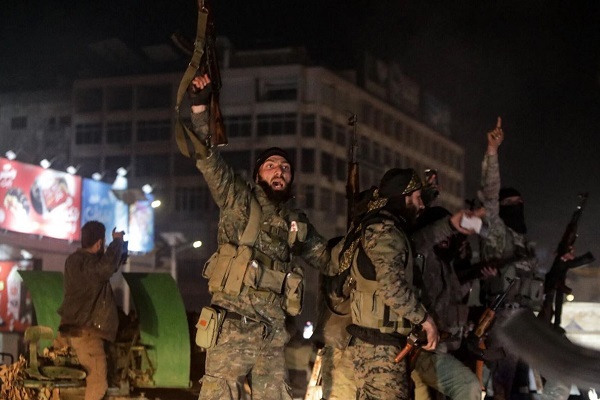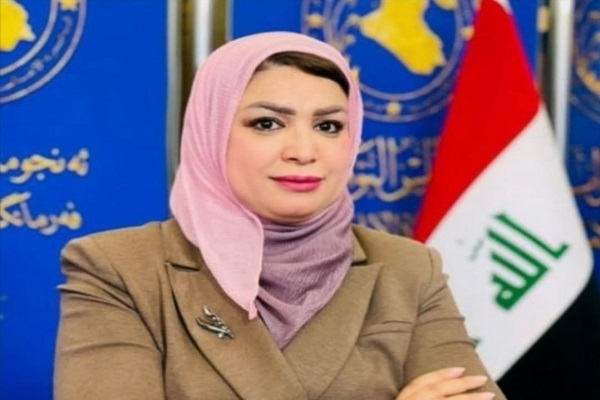Arab Countries Concerned about HTS Links to Daesh Terrorists: Expert

Political delegations from several countries have traveled to Damascus in the past two weeks to hold talks with the HTS administration officials, particularly its head Abu Mohammad al-Julani.
The meetings come less than a month after Syrian government led by Bashar al-Assad fell following the HTS’ rapid advancement towards Damascus from the northwestern regions of Idlib and Aleppo.
Speaking to IQNA about the developments in Syria, Anwar Al-Khafaji noted that the HTS administration, through diplomatic meetings, seeks to boost “its regional Arab position and reduce international pressures, particularly concerning its connections with Daesh terrorist group.”
Read More:
“Additionally, it seeks to improve its relations with influential Arab powers,” said the lawyer.
“However, these efforts face significant challenges, including the divided stance among Arab nations regarding acceptance of this shift in discourse and transitioning from a focus on terrorism to adopting political and social reforms aimed at fostering closer ties with Arab countries in the future.”
Al-Julani’s administration is making “intense efforts” to gain regional legitimacy, viewing it as a pathway to achieving international recognition, she added.
Call for peace with Israel ‘unprecedented’
Asked about the recent remarks made by HTS-appointed governor of Damascus Maher Marwan about his request to Washington to mediate peace between Syria and Israel, the expert said the statements were “unprecedented and controversial.”
“They may reflect emerging political developments in the region, particularly the rise of al-Julani in Syria's political arena,” Al-Khafaji noted.

“It appears to be an attempt to reset regional priorities and possibly a bid to break free from Syria's political and economic isolation. However, such proposals are likely to face strong internal and external opposition, as peace with Israel remains a highly sensitive issue.”
Concerning reports of retaliatory executions
Elsewhere in the interview, Al-Khafaji noted that “concerning reports of retaliatory killings and executions targeting loyalists of the former Syrian regime—especially Alawites and former military members—constitute serious breaches of international humanitarian law.”
“These actions are perpetuating the displacement crisis, with reports of thousands of Syrians seeking asylum in Iraq.”
Read More:
Urging Arab and international movements to work towards creating a safe environment for all Syrians, she said, “the conflict of interests among local and international parties should not obstruct a swift resolution following the fall of the Syrian regime.”
“The future demands a collective commitment to a political solution and an inclusive government that respect Syria’s sovereignty and the rights of its people, free from foreign interference, terrorism, and extremism,” she said.
4256842



